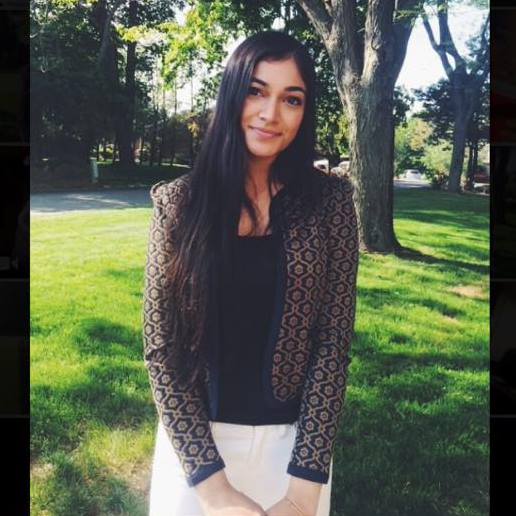
Name: Riya Dave
Field of Study: Neuroscience
Expected Graduation: 2019
Summer Program: Commit2Change Orphanage: Seva Sadan
Program Location: India
Relevance of the Program:
Commit2Change is an organization works with seven all-girl orphanages around India. The aim of the organization is to help these girls escape the poverty cycle and human trafficking through educational and financial assistance. Roya has been extremely passionate about global women’s rights since a young age, and after reaching Princeton, finally had a means to initiate a program that can help. She thus started Commit2Change Princeton, a student group that works with Commit2Change’s orphanages. Commit2Change Princeton helps the orphan girls through student means—such as tutoring, card making events and tampon drives. A main project that Commit2Change Princeton has been working on is developing short, summary videos on basic English, Math and life-skills topics in the various dialects so that the girls have a direct, re-playable access to education. Roya will be volunteering directly with the girls, from tutoring them in various subjects to empowerment workshops. She hopes to spend her time there getting to know the girls on a personal level, and her underlying goal is to not only help them achieve a better future, but to also let them know that they have a friend, or sister, that is willingly supporting them.
Recap of Riya’s Experience:
As a result of the Bruce Alan Ebersole’s generous scholarship, I was able to travel to India and visit Seva Sadan, an orphanage in Mumbai. On campus, I started Commit2Change Princeton, a campus chapter that helps orphan girls in India gain access to education. We make educational videos—from financial planning to basic biology. Through the BAE scholarship, I was able to visit the orphan girls that Commit2Change partners with, and work with them first-hand.
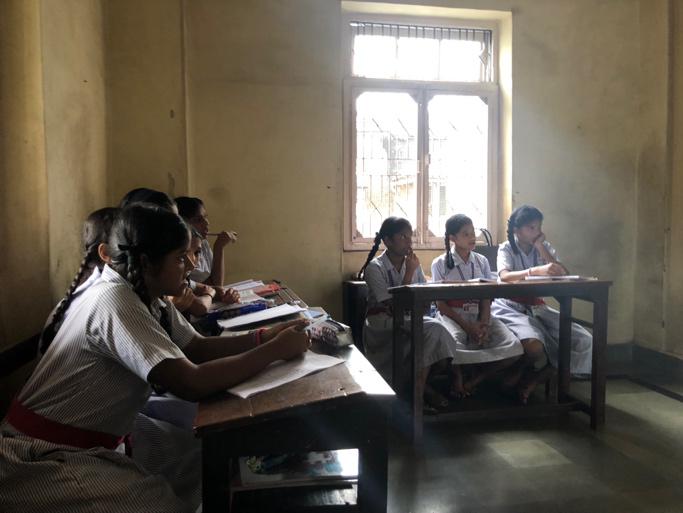
The experience was motivating, humbling and full on incredible. While I was technically the teacher, I found that my students became my mentors, teaching me life lessons and how to always smile. I was amazed by the girls’ strength despite their harsh pasts. I was also stunned by the stark difference in schooling that the girls received and that I received. Just from the picture below, you can see that there is only one black board, some chalk and long tables for desks. Despite the lack of resources, the girls and teachers were determined to offer their best to Seva Sadan. The experience helped me become more aware of how important education is to youth, and how I should be more grateful for the educational opportunities that I have been given.
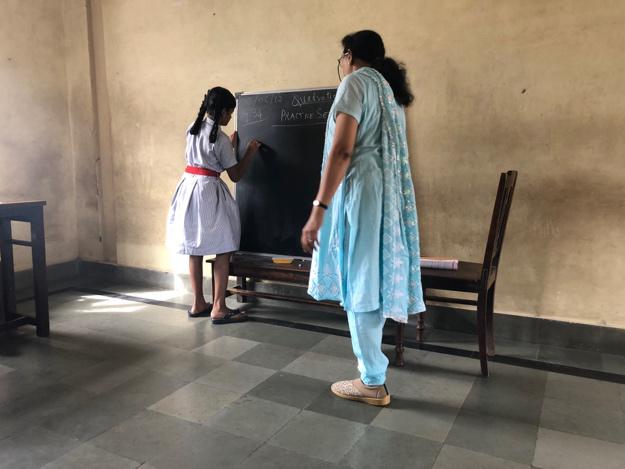
When I was not at the orphanage, I explored the busy streets and neighbourhoods of Mumbai. The picture below is from a market district, where I bought a beautifully embroidered elephant tapestry.
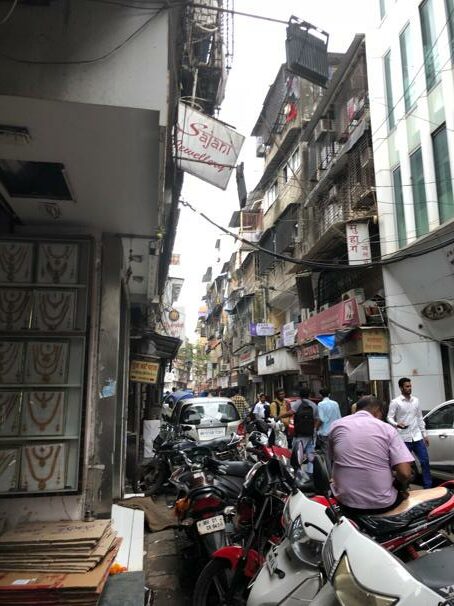
The tapestry now hangs in my dorm room as a small memory of my time in Mumbai.
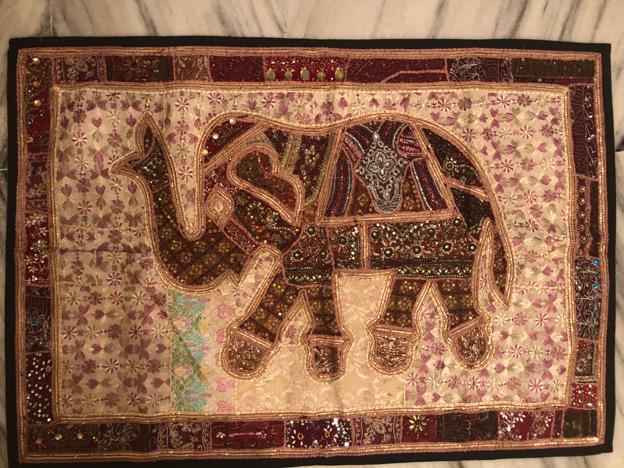
Mumbai is a diverse hub on the western border of India—various ethic and religious groups all gather to live in the city together. I got to see the architecture in Mumbai, which I believe exemplifies the diversity. From British buildings to Hindu temples to Churches, Mumbai’s history tells a global story. Below is the Gateway of India!
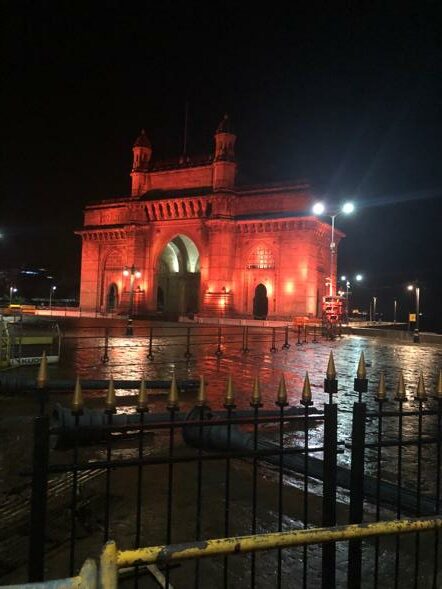
This experience was formative in my academic and potential career path—I plan to work in female activism, specifically educational access, from a cognitive perspective given my concentration in neuroscience. I am so thankful to the BAE scholarship for their support on this amazing endeavour. I would not have been able to have the experience I did without their help.